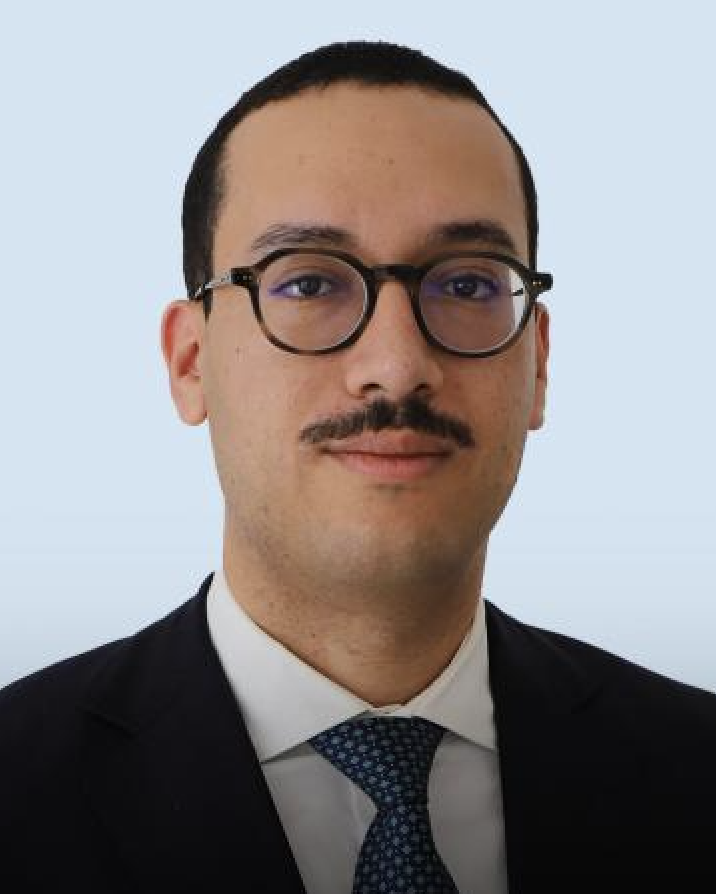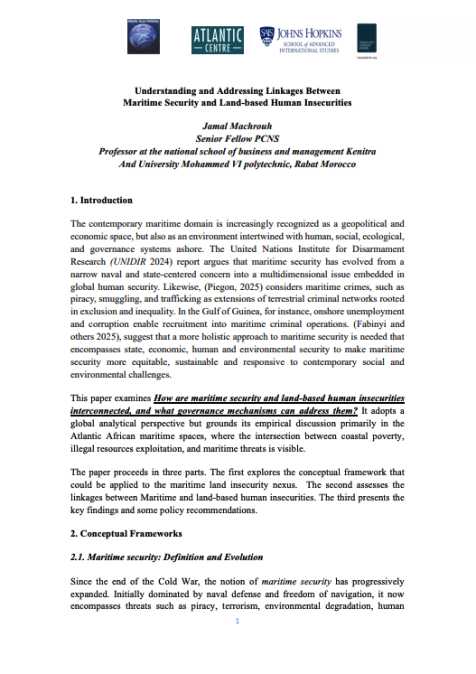حديث الثلاثاء : العلاقات الروسية الافريقية في ظل النسخة الثانية من قمة روسيا – أفريقيا
يخصص مركز السياسات من أجل الجنوب الجديد حلقة برنامجه الأسبوعي "حديث الثلاثاء" لمناقشة العلاقات الروسية الافريقية في ظل النسخة الثانية من قمة روسيا – أفريقيا مع أسامة الطيبي، باحث في العلاقات الدولية بمركز السياسات من أجل الجنوب الجديد. أصبحت القمم ومنتديات التعاون الية من اليات تعزيز تواجد ونفود القوى الكبرى على الساحة الدولية. فقد أصبحت موسكو مند سنة 2019 عضواً في نادي “منتديات التعاون مع أفريقيا” ضمن عدد قليل من القوى الدولية والإقليمية الساعية إلى توطيد علاقاتها مع الدول الأفريقية بهدف توسيع نفوذها وحضورها لتحقيق أهدافها ومصالحها الاستراتيجية. وقد نجحت موسكو في عقد النسخة الثانية من القمة الروسية – الأفريقية بعد عدة تأجيلات. فقد استضافت مدينة سان بطرسبرج الروسية القمة على مدار يومي 27 و28 يوليوز من هذه السنة بمشاركة نحو 49 دولة أفريقية، بما في ذلك حضور رؤساء وحكومات أفريقية، وعدد من الوزراء والسفراء. نعود خلال هاته الحلقة إلى مناقشة أهم محطات العلاقات الروسية الافريقية، أهم النتائج المستخلصة من القمة الروسية الافريقية لهذا العام، نشأة القمة وأبرز الأهداف المتوخاة من تأسيسها، أوجه الاختلاف بين قمتي يوليوز 2023 وسوتشي 2019 وكدى تطلعات ومستقبل العلاقات بين روسيا وأفريقيا بعد هذه القمة الثانية، أسئلة وغيرها نناقشها مع أسامة الطيبي، باحث في العلاقات الدولية بمركز السياسات من أجل الجنوب الجديد








